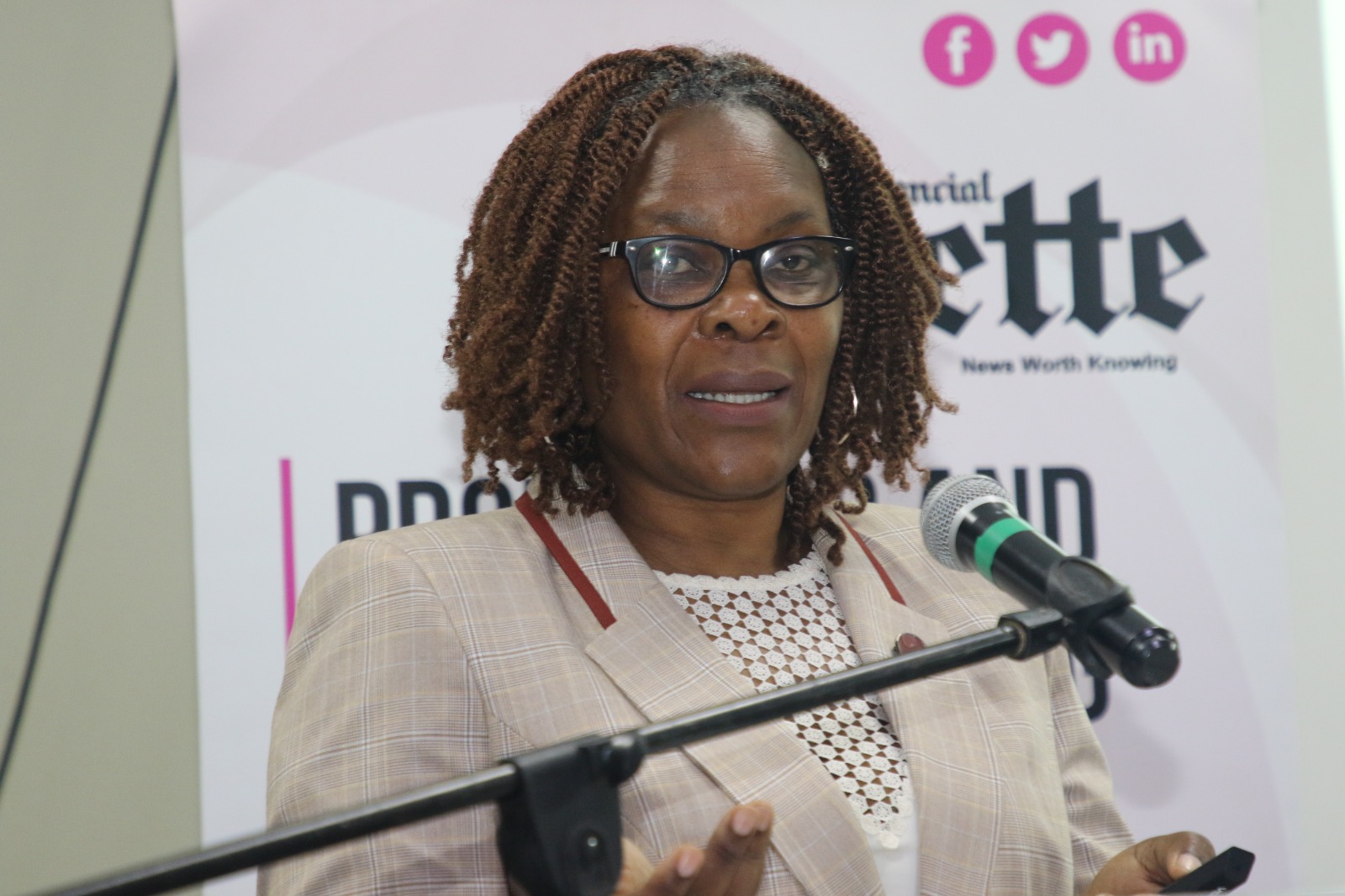By Omega Ukama
THE Zimbabwe Revenue Authority (Zimra) is worried by the worsening financial crimes in the country which include money laundering and tax evasion.
Addressing a well-subscribed annual tax review meeting in Harare yesterday that was organised by The Financial Gazette, Zimra commissioner-general Regina Chinamasa said tax evasion and money laundering were robbing the country of crucial funds for national development.
“We are seeing increased cross-border transactions resulting in tax evasion and money laundering. And, there is generally a high level of non-compliance.
“This prejudices the State of critical resources that are needed for the government in its quest to deliver public services that are vital for sustainable development in line with Vision 2030… We are urging taxpayers to avoid schemes to avoid tax,” Chinamasa said.
The Zimra boss also warned businesses and ordinary citizens against dangling bribes to the authority’s staff, adding that this militated against the government’s efforts to purge corruption within its ranks.
“We have heard people saying Zimra staff is corrupt, but it takes two to tango. How does one get your money if you do not give it to them?
“So, what we have is a very corrupt taxpayer base… please do not pay our officers anything, report and resist.
“If we are going to have a clean system, we need a purge, and this means you will have to report corruption,” Chinamasa further told the meeting.
She also said the continuing informalisation of the economy was making it difficult for the tax collector to raise revenue.
“It started with small businesses, but even the formalised businesses are getting informal.
“This is a serious challenge for tax collection because implementation of tax laws is more efficient when there are structures and systems in place,” Chinamasa said.
On her part, the chief executive of the Confederation of Zimbabwe Industries (CZI), Sekai Kuvarika, said revenue leakages through evasion and other means were being made worse by the currency distortion in the economy.
“So, if we are talking about our tax environment, be it the laws or the administration, it is important that we hammer home the issue of exchange rate management. We find ourselves in a very peculiar environment, and the peculiarity is emanating from our currency situation.
“So, the dynamics of inflation, exchange rate management and the distortions that come with that are the ones that have actually created all these problems.
“So, this has mutated to plug itself into different spaces and areas within the economy — in both doing business and regulating business.
“So, one advocacy point in what we need in order to ease the burden is that we should resolve the distortions that are coming from exchange rate management and the inflation environment.
“Our belief as industry is that once this is done, it will put to bed a lot of the challenges that we are facing,” Kuvarika told the meeting.
All this comes amid growing concerns over the weakening Zimbabwe dollar, whose use in the economy is declining at a time that businesses and economists have been clamouring for its stability.





